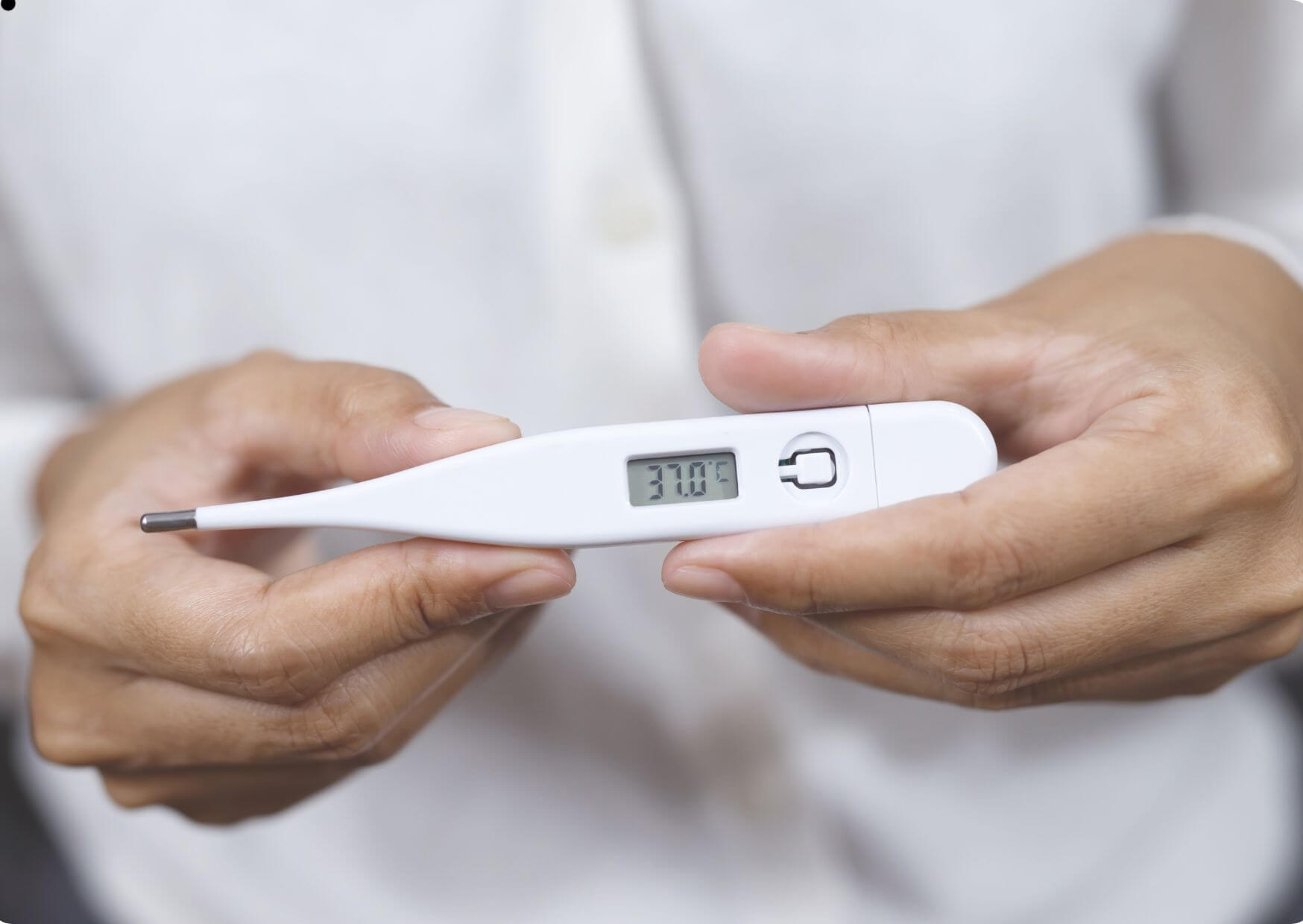🌞 Are you prepared to beat the heat and keep yourself and others safe from heat-related illnesses? Join us for the Techniques for Preventing Heat-Related Illnesses course – the comprehensive training program designed to equip you with the knowledge and skills needed to recognize, prevent, and manage heat-related illnesses! 🏥
Heat-related illnesses, such as heat exhaustion and heat stroke, are serious health concerns that can occur when the body’s temperature regulation mechanisms are overwhelmed by high temperatures and humidity. These conditions can lead to symptoms ranging from dehydration and dizziness to organ failure and even death. By learning effective techniques for preventing heat-related illnesses, you can protect yourself and others working in hot environments, outdoor settings, or during physical activity in warm weather. Whether you’re a construction worker, athlete, outdoor enthusiast, or healthcare professional, this course will provide you with valuable insights and practical strategies to stay safe and healthy in hot conditions.
📚 What will you learn?
Through engaging lectures, interactive exercises, and real-life case studies, you’ll develop the knowledge and confidence to protect yourself and others from heat-related illnesses, promoting a safer and healthier environment for all.
💼 Who is this for?
🌟 Benefits of taking this course:
🚀 Career Path: Upon completing the Techniques for Preventing Heat-Related Illnesses course, you’ll be well-equipped to pursue various career paths in occupational health and safety, outdoor recreation, emergency response, and healthcare, including:
Whether you’re looking to advance your career in health and safety, enhance outdoor recreation programs, or promote heat illness prevention initiatives in your community, this course will provide you with the knowledge and skills needed to succeed in your chosen path.
🤔 FAQs:
Q: Is this course suitable for beginners with no prior knowledge of heat-related illnesses? A: Yes, this course is designed to accommodate learners of all levels, from beginners to experienced professionals. Our user-friendly modules and clear explanations make complex concepts easy to understand for everyone.
Q: How long does the course take to complete? A: The duration of the course varies depending on individual learning pace and schedule. On average, participants can expect to complete the course within 4 to 8 hours, including lectures, assignments, and assessments.
Q: Will I receive a certificate upon completion of the course? A: Yes, upon successfully completing the course requirements and assessments, you will receive a certificate of completion, which you can add to your professional portfolio or resume to showcase your newfound knowledge and skills.
Q: Are there any prerequisites for enrolling in the course? A: While there are no strict prerequisites for enrollment, participants are encouraged to have a basic understanding of health and safety principles. Familiarity with outdoor activities or occupational hazards may be beneficial but is not required.
Q: How much does the course cost? A: The cost of the course varies depending on the institution or platform offering it. Some options include one-time payments, installment plans, or subscription-based models. Financial aid or scholarships may also be available for eligible participants.
Don’t let the heat take its toll – take control of heat-related illness prevention and invest in your well-being with the Techniques for Preventing Heat-Related Illnesses course. Enroll today and stay cool, hydrated, and healthy in any environment! 🌞💧

Want to receive push notifications for all major on-site activities?